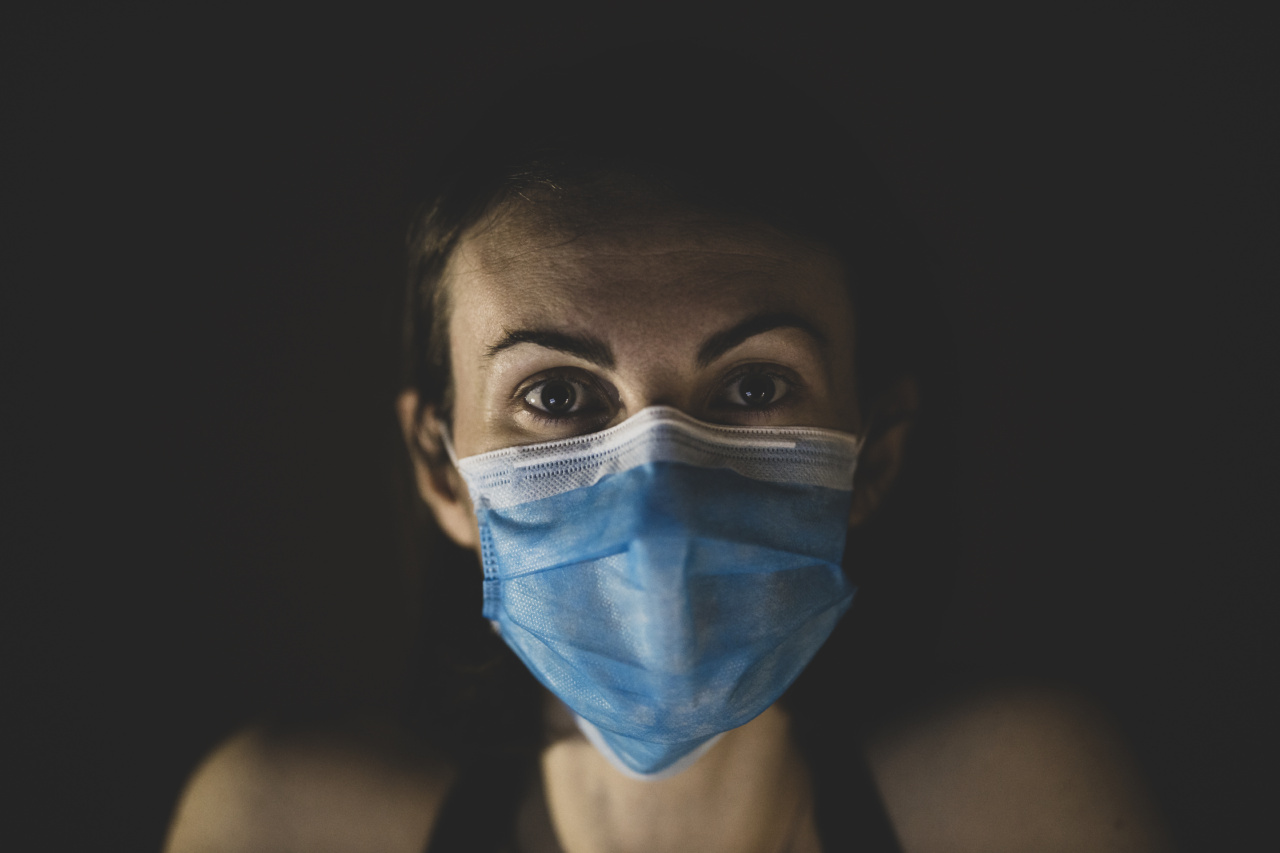A deadly flu outbreak has left authorities and medical professionals concerned as the number of fatalities and intensive care unit (ICU) cases continue to rise.
With 14 fatalities and 3 ICU cases already reported, the situation is becoming alarming and calls for urgent action.
The Influenza Virus: A Brief Overview
The influenza virus, commonly known as the flu, is a highly contagious respiratory illness caused by influenza A or B viruses.
It spreads easily from person to person through respiratory droplets formed when an infected individual coughs, sneezes, or talks. Flu symptoms can range from mild to severe and can include fever, headache, body aches, cough, sore throat, and fatigue.
The Current Outbreak: Unprecedented Severity
The current flu outbreak is causing significant concern due to its severity and the high number of fatalities it has already claimed.
Medical professionals are warning the public about the seriousness of this strain of the virus and urging people to take necessary precautions to minimize its spread.
Efforts to Contain the Outbreak
Health authorities are working tirelessly to contain the outbreak and prevent further transmission of the virus.
Measures such as widespread vaccination campaigns, promoting good hygiene practices, and educating the public about the symptoms and precautions are being implemented across affected regions.
Challenges in Combating the Outbreak
Despite the efforts being made to combat the outbreak, several challenges persist. One major challenge is the shortage of antiviral medications, such as Tamiflu, which are used to treat and shorten the duration of flu symptoms.
This shortage has put a strain on healthcare facilities, making it difficult to provide timely treatment to all affected individuals.
The Role of Vaccination
Vaccination plays a crucial role in preventing the spread of the flu virus. It not only helps protect individuals from severe illness but also reduces the risk of transmission to others.
Health authorities are urging everyone, especially high-risk groups such as the elderly, young children, and individuals with compromised immune systems, to get vaccinated as soon as possible.
Emergency Department Overwhelmed
The severity of the current flu outbreak has put a significant strain on emergency departments across affected areas.
The increasing number of ICU admissions due to flu-related complications has resulted in overcrowded hospitals and stretched healthcare resources.
The Importance of Public Awareness
Creating public awareness about the flu outbreak is crucial in preventing its spread. It is essential for individuals to understand the symptoms, practice good hygiene, and seek prompt medical attention if they experience flu-like symptoms.
Moreover, staying informed about the outbreak can help people make informed decisions and take necessary precautions.
Preventive Measures: What You Can Do
There are several preventive measures individuals can take to protect themselves and others from the flu virus:.
1. Get vaccinated: Consult your healthcare provider and get vaccinated against the flu. Vaccination is the most effective way to prevent the flu and its complications.
2. Practice good hygiene: Wash your hands frequently with soap and water for at least 20 seconds. If soap and water are not available, use an alcohol-based hand sanitizer.
3. Cover your mouth and nose: Use a tissue or your elbow to cover your mouth and nose when coughing or sneezing. Dispose of used tissues immediately and wash your hands afterwards.
4. Avoid close contact: Stay away from individuals who are sick, and if you are sick, avoid close contact with others to prevent the spread of the virus.
5. Stay informed: Follow updates from credible sources such as the World Health Organization (WHO) and local health departments to stay informed about the outbreak and any preventive measures or guidelines.
Conclusion
The deadly flu outbreak with 14 fatalities and 3 ICU cases poses a significant public health threat. It is crucial for individuals to take preventive measures and follow the guidelines provided by health authorities to minimize the spread of the virus.
Vaccination, good hygiene practices, and staying informed are essential in protecting oneself and others from this deadly outbreak.






























